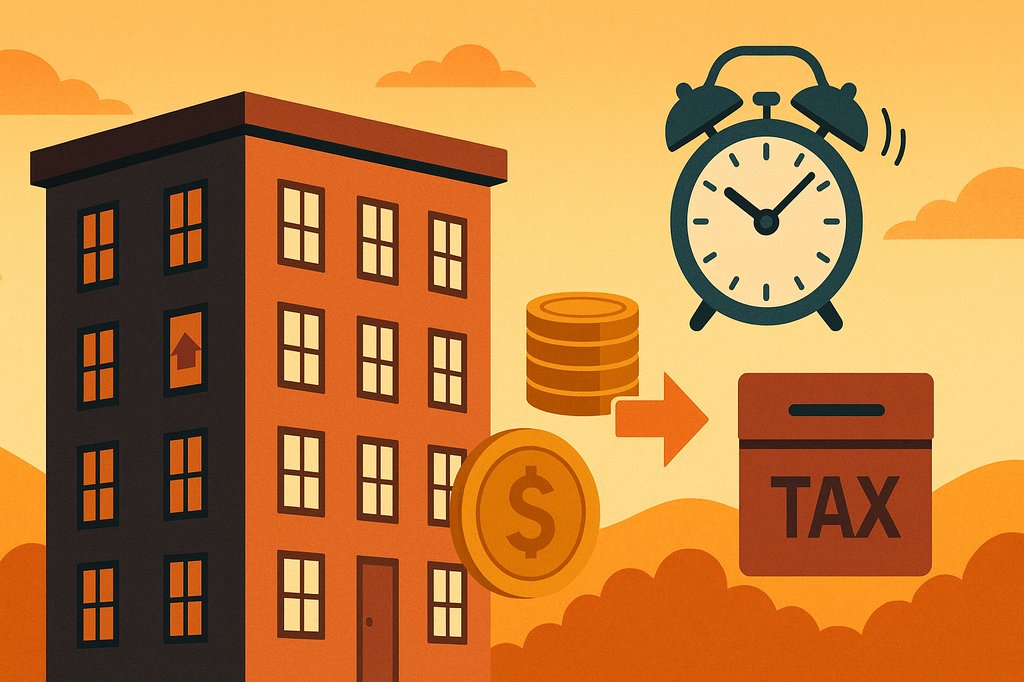“ASK KARI”: Composting at Multifamily Properties
By Kari Negri, Chief Executive Officer, SKY Properties, Inc.
- Dear Kari, what does composting look like for multifamily properties?
California’s fight against the climate crisis takes a step up with the passage of Senate Bill 1383, aimed at reducing greenhouse gas emissions by requiring all multifamily properties to begin providing composting. This year, trash collection companies are rolling out a new system for apartment buildings throughout the City of Los Angeles and County of Los Angeles. Most of us who own apartment buildings know this is another item for the owner to add to their never-ending list of obligations, and on top of the problems this could cause (we will mention a few at the end of this article) we are also expected to educate employees and residents too.
All this being said, at SKY Properties, we have long been a “green” management company, championing advancements and seizing opportunities to create more environmentally sustainable housing, implementing green alternatives, ranging from appliances and fixtures to design inside and outside of our managed buildings. Environmental sustainability has been a core principle since the inception of the company, both as a value that benefits our community and our clients, but also the world at large. SKY Properties uses this as a strategy to benefit our clients as most of these environmentally friendly installments save money for building owners. It’s a “win-win” situation or as some say: “Saving GREEN to make GREEN $’s.”
The benefits of composting, in and of itself, are myriad. Composting decreases greenhouse gas emissions, it creates the opposite effect of trash by enriching the soil, which in turn creates a more nutrient-rich source for our food (soil lacking in nutrients creates produce that is lacking in nutrients), and thus begins an incredible cycle that benefits everyone. It’s the gift that keeps giving, and although we like the idea of contributing, having tenants compost has led to some difficulties thus far, including incidents in San Francisco where it caused rodent problems and offensive smells.
This leads us to the question of what this means for building owners and management companies. What are the actual logistics of implementing composting into multifamily housing?
We spoke to a trash-collection company in Los Angeles, Waste Management, about what this change will be like, and what actions will need to be taken by the landlords. Waste Management answered our questions with the disclaimer that these details may vary with different waste-collection companies. Nonetheless, the insight provided gives us an idea of what to expect as this rolls out.
- Where Does the Composting Go? Green composting bins are being provided by Waste Management to each building, and the composting goes straight into that bin. It can be emptied as loose food scraps, though containing them in a paper bag will help with cleanliness.
- How Big Will it Be? The size of the bin will be determined by the company based on the size of the building’s other bins.
- When Will it Be Collected? Composting will be collected with your trash according to the current schedule. Once SKY Properties receives the green bins, the schedule will be verified with the specific waste-collection company.
- Will Tenants Be Set-up to Compost Correctly? Yes. Either the collection service or the city will provide free pails for tenants to store their food scraps in before composting. Management will provide the resources for obtaining their pails. When composting comes to your property, a leaflet will be provided with instructions for the tenants. There are also educational materials on the LA Sanitation website that SKY Properties will provide.
- Won’t Compost Get Smelly and Make the Property Less Appealing? The tip that Waste Management shared is to have tenants keep their pail in the freezer, preventing their food scraps from becoming soggy and smelly; they advised that tenants take the frozen contents out to the green bin the night before or day of collection. This will prevent the bin (and the tenants’ units) from smelling. They are also permitted to dispose of it in a paper bag which will prevent the food from touching the bin.
- Does This Impact the Monthly Fee for Waste Hauling? With Waste Management there will not be a separate fee for composting.
- What if Tenants Compost Incorrectly? The policy at Waste Management is to start by leaving a note for management to address incorrect composting, and after several notices a penalty may be given. The representative added that they hardly ever need to leave notes and that tenants are adapting well to composting.
One of the bigger questions that we at SKY Properties have investigated for our clients is what type of situation will qualify a property to be exempt from composting. Regarding multifamily properties, there is one option—a physical space waiver. Buildings that fit the criteria of this waiver and do not have enough space to safely store a green composting bin will have an application for exemption sent in on their behalf.
Property managers who neglect to adhere to these regulations may find themselves subject to fines or penalties imposed by the state or local jurisdiction. This is why it is imperative to stay informed to ensure a seamless adherence to Senate Bill 1383. Aside from ensuring that you’re adhering to the regulations, you should also keep in mind that composting has some risks and challenges to consider and avoid. First of which is contamination, as compost may contain pesticides, heavy metals, or other harmful substances that may originate from its source materials.
Another concern associated with composting involves the transmission of diseases. Compost can serve as a medium for microorganisms capable of inducing infections or allergic reactions in both humans and animals. In 2017, a woman in San Francisco sued her landlord, accusing him of negligence and breaching the contract. The woman contended that she experienced mold exposure and respiratory issues due to the insufficient maintenance of the composting system in her apartment building. She alleged that the landlord neglected to ensure proper ventilation, drainage, and cleaning of the compost bins, leading to the growth of mold and the emission of unpleasant odors. Furthermore, the woman asserted that the landlord failed to apprise her of the potential health hazards associated with composting.
Lastly, composting presents a fire hazard, either through spontaneous combustion or exposure to flammable materials. An incident in 2019 exemplifies this risk, as a fire erupted at a composting facility in San Jose during the processing of organic waste from various sources, including apartments. The fire persisted for several hours, emitting dense smoke that compromised air quality and visibility in the vicinity.
To mitigate these risks, it is essential to follow best practices, including using uncontaminated materials, maintaining proper compost conditions, and taking safety precautions such as wearing protective gear if necessary and keeping compost away from fire hazards. Remember, by sticking to these regulations and making sure that you are composting safely and properly, you’re not just ticking legal boxes — you’re unleashing the power of positive change on our planet.
—
Name any aspect of the complex world of property management and Kari Negri has been at the forefront, forging new ground, fighting for the rights of property owners and tenants alike, adding value, and making a signifi cant difference. With a strong background in management, Kari founded SKY Properties, Inc. in 1997
to off er hands-on, boutique-level property management at a competitive price for multi-tenant property owners. Do you have a question for me? Please send your questions and comments to me at Kari@SKYprop.LA.








